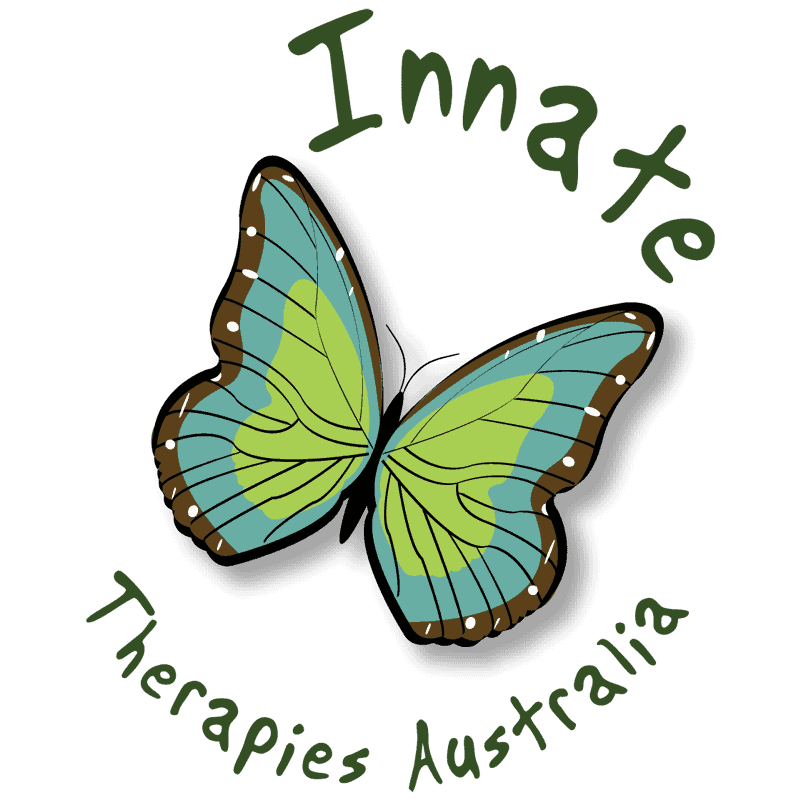Every member gets to talk about what it is like for them to be in the family. This is facilitated by the therapist to ensure that everyone gets to have their voice heard. The desired outcome is that once everyone has been heard each member commits to a positive change they can make to change the family dynamics. .
FAQs ( Frequently Asked Questions )
FAQs about the NDIS
The National Disability Insurance Agency (NDIA) manages the National Disability Insurance Scheme (NDIS) and is responsible for administering the funding.
The NDIS provides Australians under the age of 65 with the support they need to boost day-to-day life and their participation with their local community.
Capacity building is a goal identified in many NDIS case plans. If you are unsure on the funding availability, please contact your Support Coordinator to discuss.
Capacity building is a goal identified in many NDIS case plans. If you are unsure on the funding availability, please contact your Support Coordinator to discuss.
FAQs about Childrens Counselling
Child Therapists are counsellors/art therapist who are skilled and trained in working with children.
As a parent you know your child and you know when they are not coping with life’s challenges. Children are very good in protecting their parents feelings and often a trained counsellor can offer much needed guidance and support.
Children attend counselling for a variety of reasons, from self-esteem, grief and loss, bullying, social skills or experience of a traumatic event.
As a parent you know your child and you know when they are not coping with life’s challenges. They may display this in a change of behaviour which may present as aggression, ticks, high emotions or withdrawal.
Be there for them, let them know that you support them no matter what is going on for them.
Some children request for the parent to stay during the session and other children do not, either way, it is what is in the best interest of the child.
Some children request for the parent to stay during the session and other children do not, either way, it is what is in the best interest of the child.
Counsellors provide a brief overview of the session and will bring the parent into the session if needed. Your child has a right to privacy and confidentiality which is respected at all times. Please note that if there are any concerns for your child’s wellbeing you will be told.
Many things happen during a counselling session, and this varies greatly depending on the age of the child. For the little one’s play, sand and art are the main form of therapy and for the older children, art, games, psychoeducation, and sand therapy. Our counsellors are trained in a variety of modalities which allows them to meet the child/adolescent where they are at.
FAQs about Family Counselling
A breakdown in communication is very common in families, when there is high emotions, we all tend to stop listening.
The goal is to bring harmony back into the family home and to provide a space where everyone has the opportunity to feel they have been heard.
This is the family’s goals and a commitment by each member to make positive change to work toward those goals. .
Communication, disrespect, not wanting to follow family rules, sibling conflict. Parent and child conflict. .
FAQs about Individual Counselling
We can all benefit from seeing a counsellor at certain times of our lives. The ability to talk with someone who is not emotionally involved and therefore holds no bias is great to assist you in working through aspects of your life that are not working, not feeling great or preventing you to move forward.
You as the client have total control of the session which means that if you did not wish to discuss something you do not have to. You as the client direct the counsellor into the direction you choose to go.
This is so different for everyone. It is great to start off weekly as the therapeutic relationship is forming, then move to fortnightly, then monthly then ceasing counselling to allow you to integrate your new way of being into your everyday life
FAQs about Couples Counselling
You can expect a safe and nurturing environment for both you and your partner to be able to talk about how things are you within your relationship counselling. This is a non-judgmental space which makes every attempt to keep balance within the room as both voices are important
As every relationship is unique it is important to allow what needs to happen to occur, this sometimes means that individuals would be seen without their partner present to allow individual work to be done and then bring it back to the relationship.
If you partner does not wish to attend, that is ok. You can book in to see the therapist to discuss the relationship from your perspective. You may like to go home to your partner and discuss things that were explored during therapy in the hope that they may join in later.
That is answer that can not be answered as each relationship is different and the level of complexity within each relationship is unique. It would be great to aim for at least six sessions to allow the opportunity for positive change to occur.
Newsletter SIgn Up
Newsletter Sign Up
Copyright © 2023 Innate Therapies | Web Dev trondez.com
